Twenty-five years before the Monday's car blast, terrorists had stormed Delhi’s iconic Red Fort on December 21, 2000, and killed three people — two Indian Army soldiers and a civilian guard.
Pakistan-based Lashkar-e-Taiba was held responsible for the 2000 Red Fort attack.
Initially, it was not certain how the firing began inside the Red Fort. It was initially said that either two terrorists infiltrated or some detainees in an interrogation cell snatched personnel’s weapons to open fire at them.
For context, an Indian Army’s battalion was deployed inside the Red Fort at the time and an interrogation centre was also there that was used by various investigative and intelligence agencies.
Later, however, it emerged that six terrorists had infiltrated to carry out the attack, according to The Times of India.
Read live updates of the Delhi Red Fort blast here
While they escaped after the attack, security agencies said some of them were killed in subsequent gunfights. The prime accused in the case, Mohammad Ashfaq alias Arif, was arrested after an encounter five days later along with his Indian wife, Rahamana Yousuf Farooqui, in Delhi.
Ashfaq was convicted and sentenced to death in 2005. He is currently on death row. In that encounter, another terrorist, Pakistani national Abu Samal, was also killed, according to Delhi Police.
Impact Shorts
More ShortsAnother of the six terrorists involved in the attack, Abu Bilal, was killed in May 2001 in a gunfight in Delhi’s Nizamuddin area along with another terrorist, Abu Zabi-ullah, according to the police.
ALSO READ — Delhi blast: Car that exploded near Red Fort changed hands 4 times, ownership didn't
Besides LeT commander Ashfaq, six others were convicted and four were acquitted in the Red Fort case. Ashfaq’s key Indian conspirators Nazir Ahmed Qasid and his son Farooq Ahmad Qasid were sentenced to life term and four others —including Ashfaq’s wife Rahamana— were given seven-year terms.
Ashfaq was convicted of murder, criminal conspiracy, cheating, forgery, illegal possession of arms and ammunition, and illegally entering and staying in India. Nazir and Farooq were convicted for criminal conspiracy. Rahamana was convicted for harbouring an offender and trying to save a person from punishment.


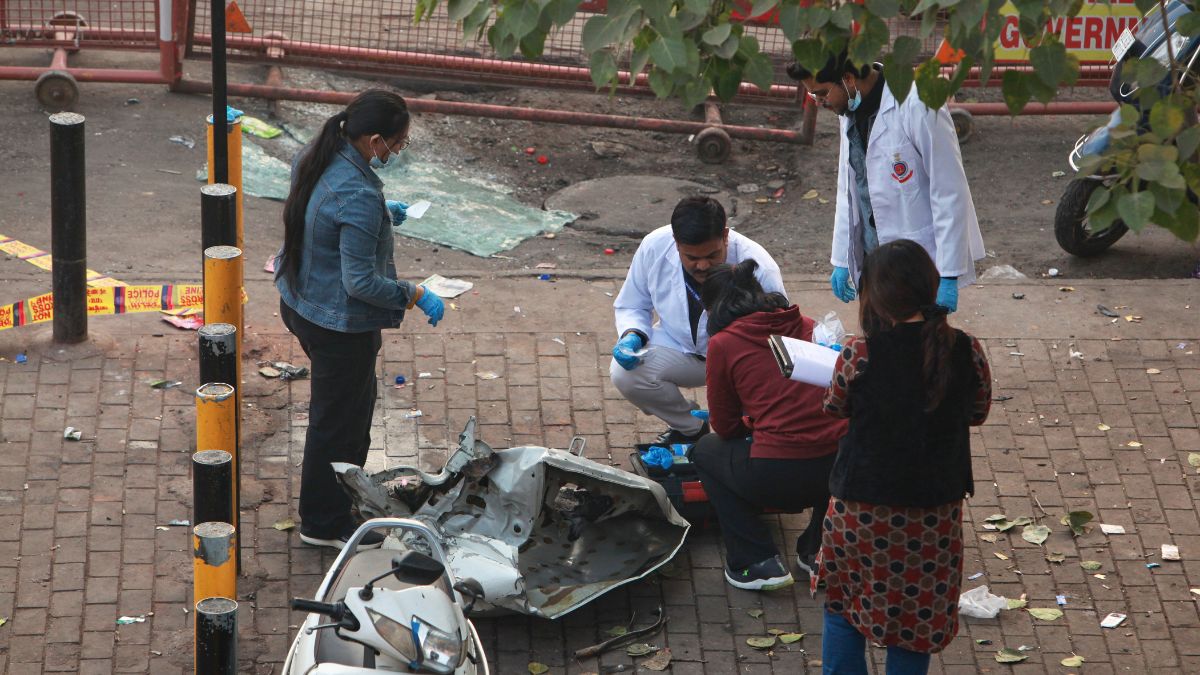)
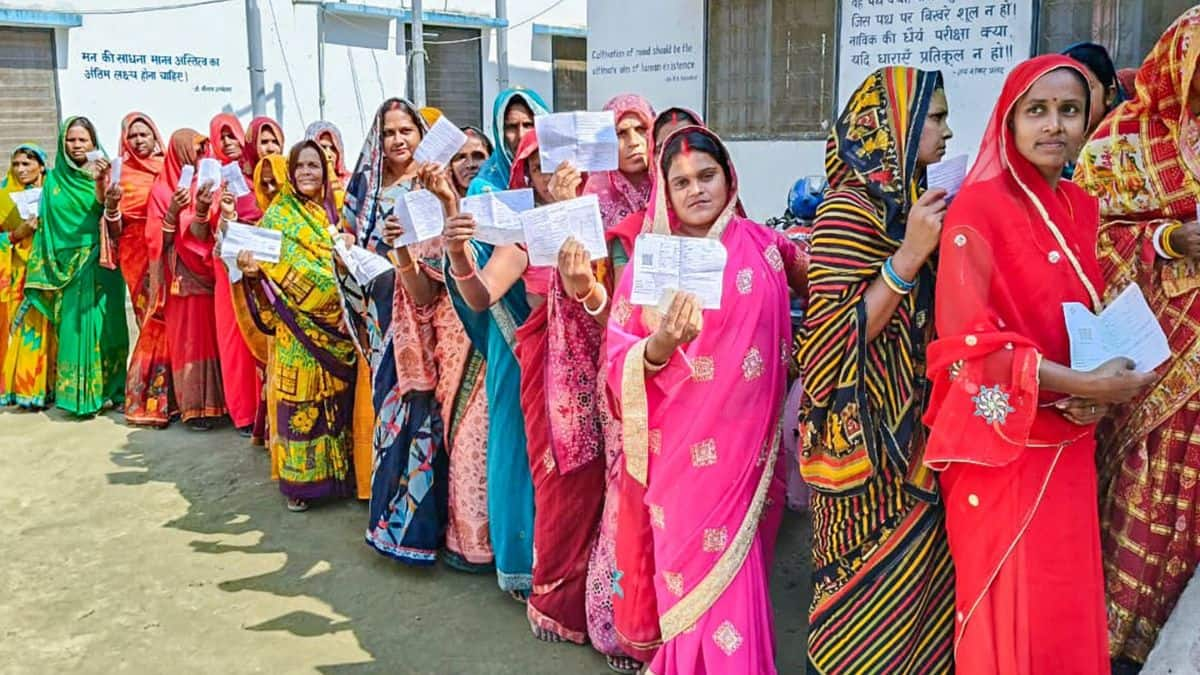
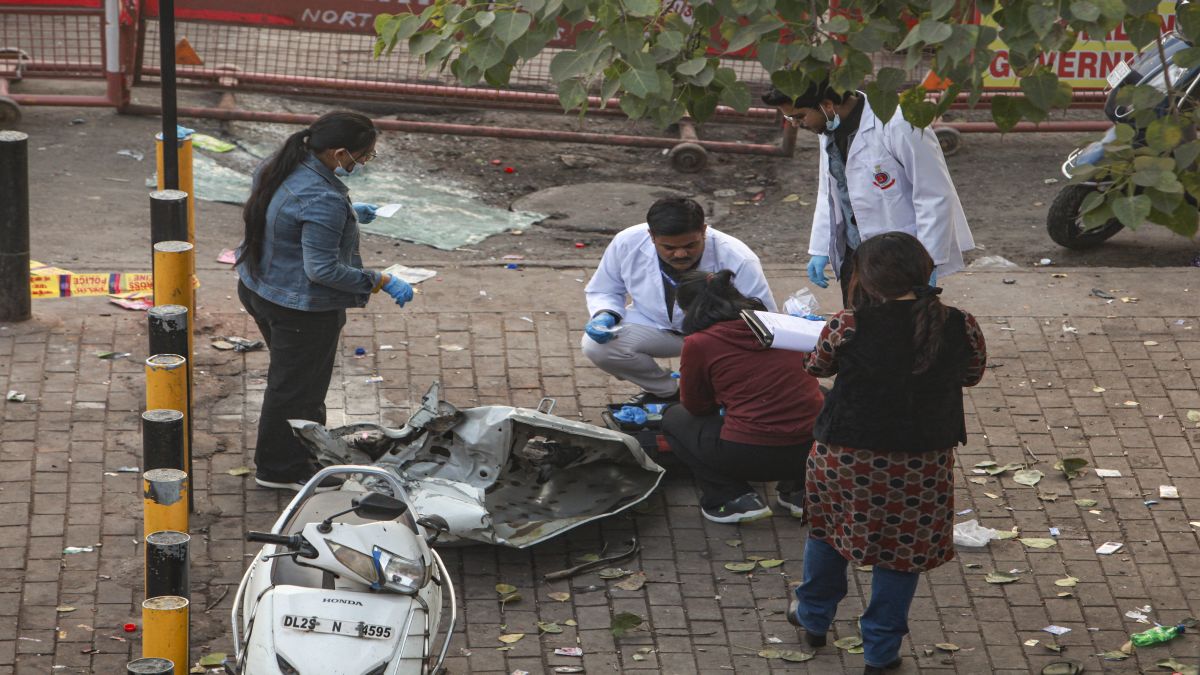)
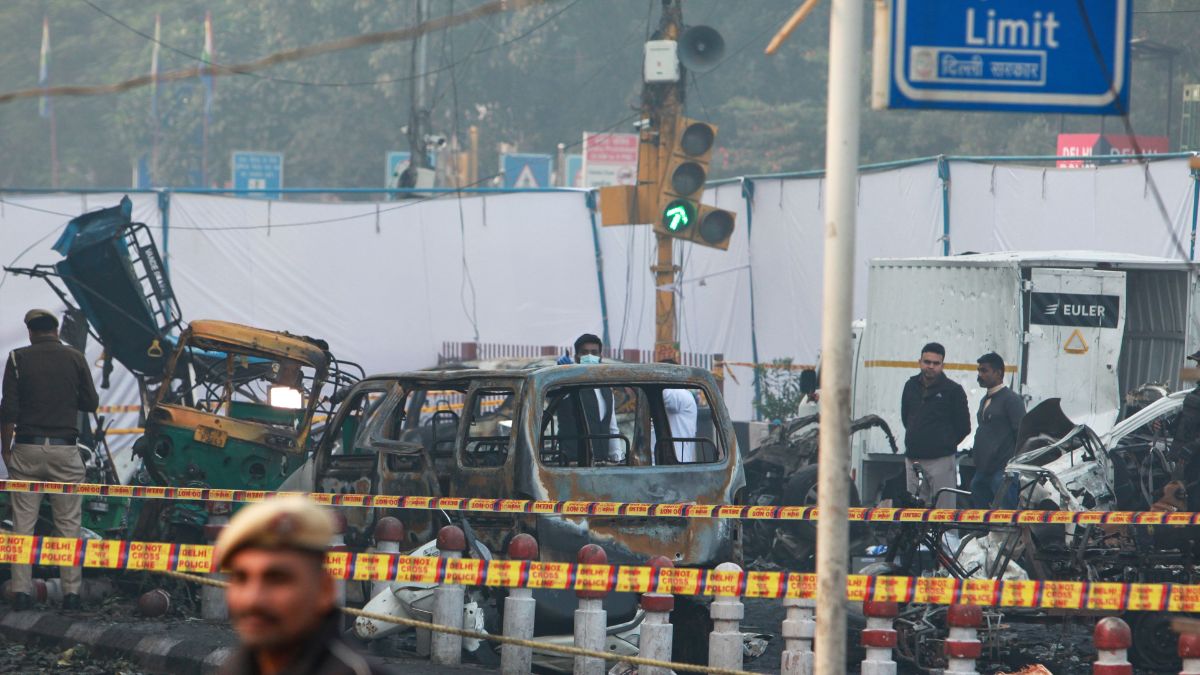)
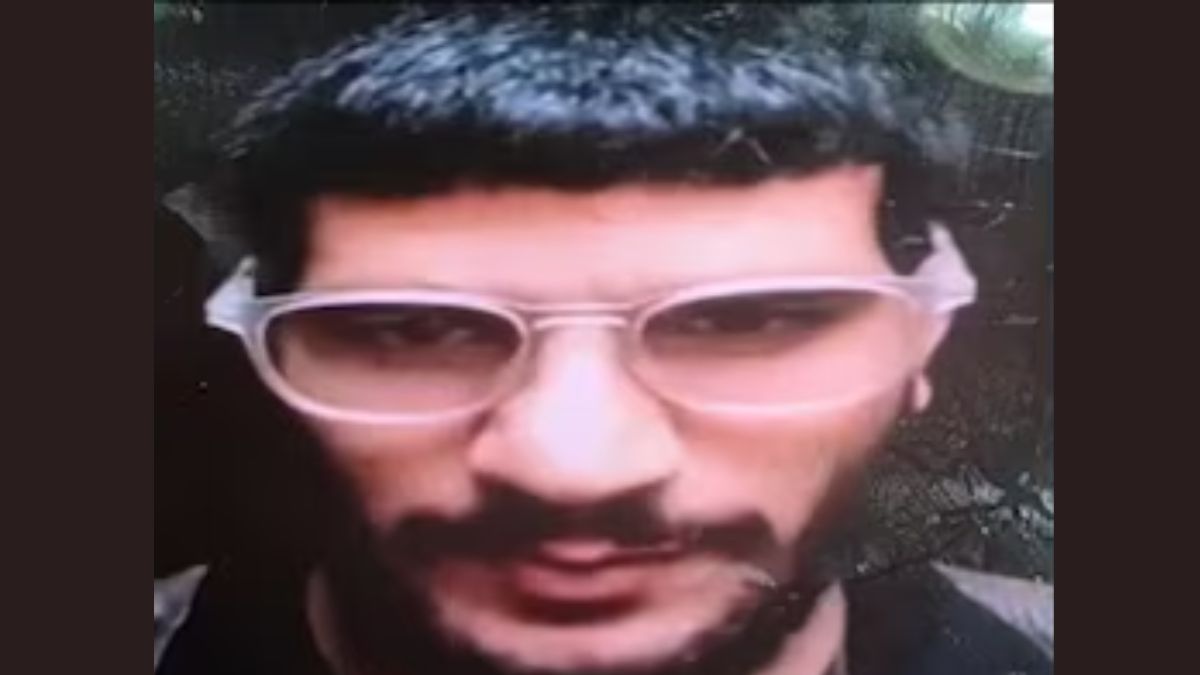)
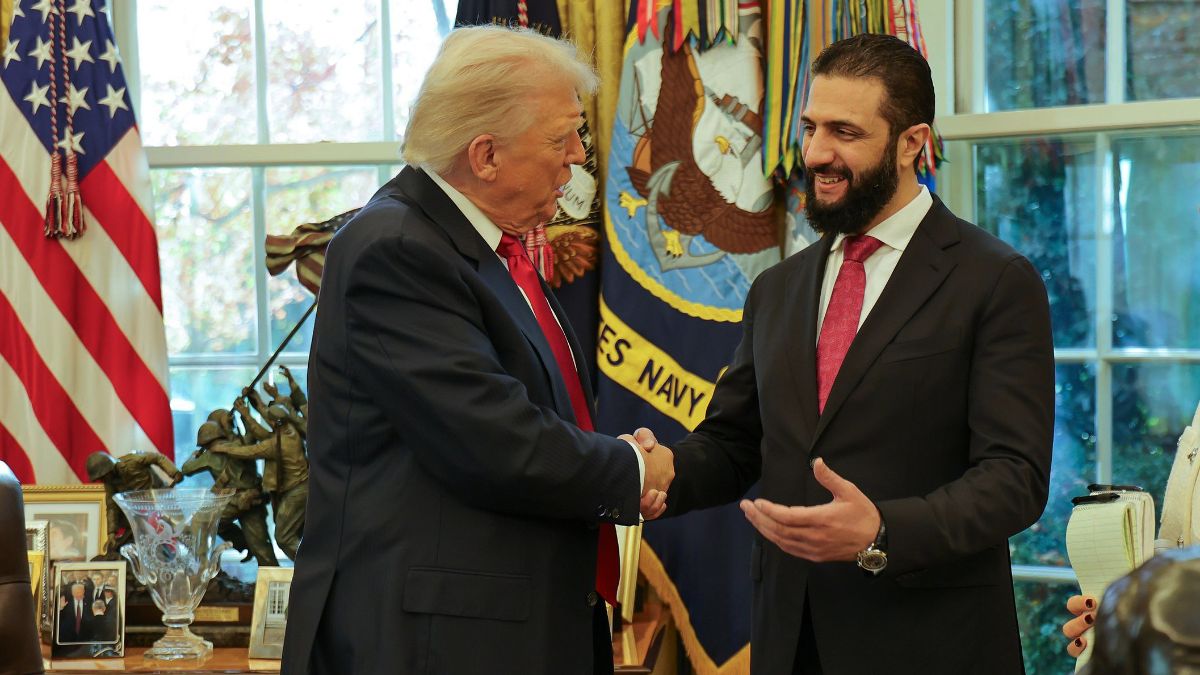)
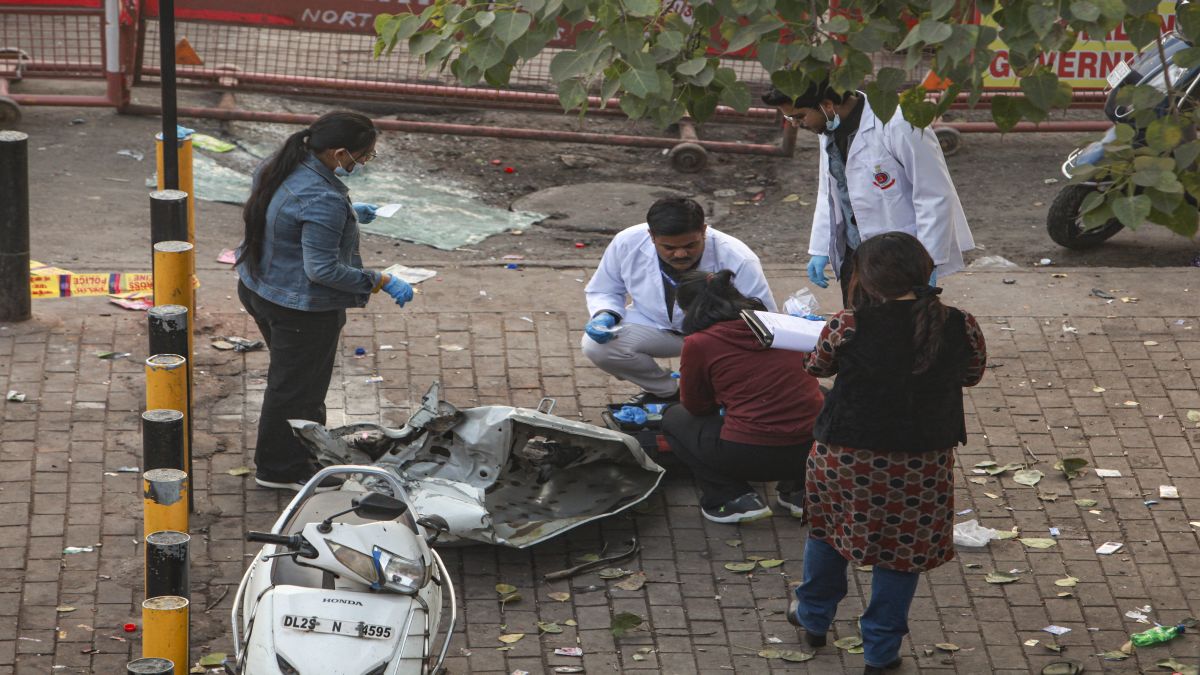)
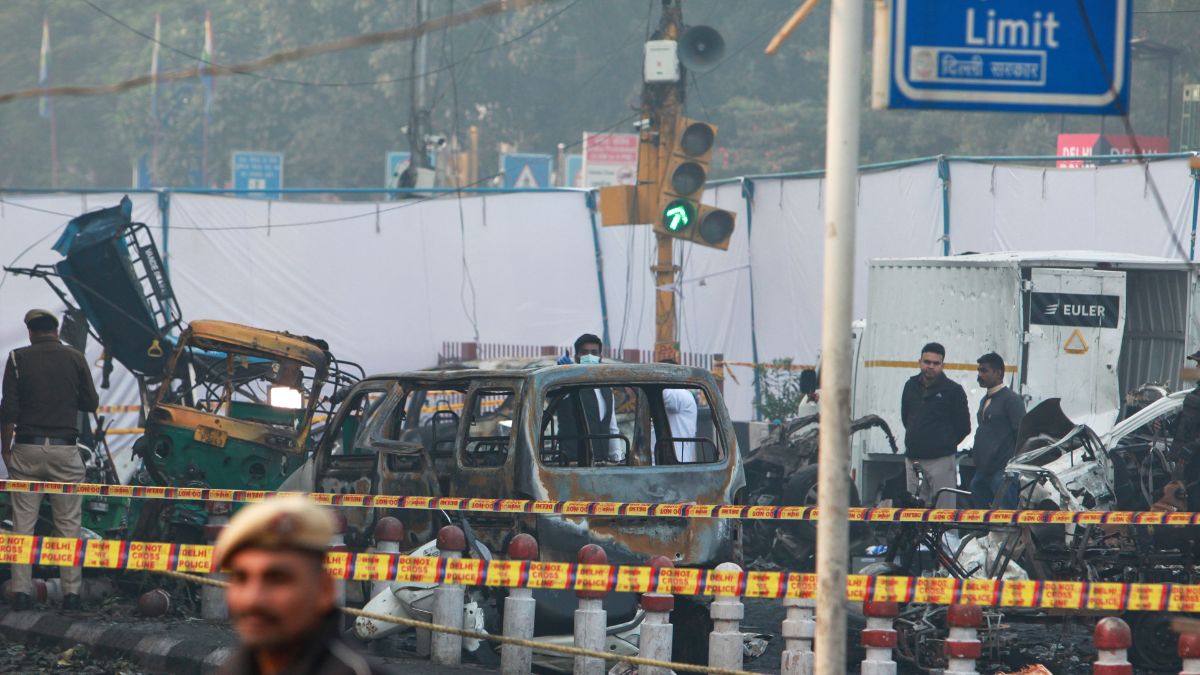)
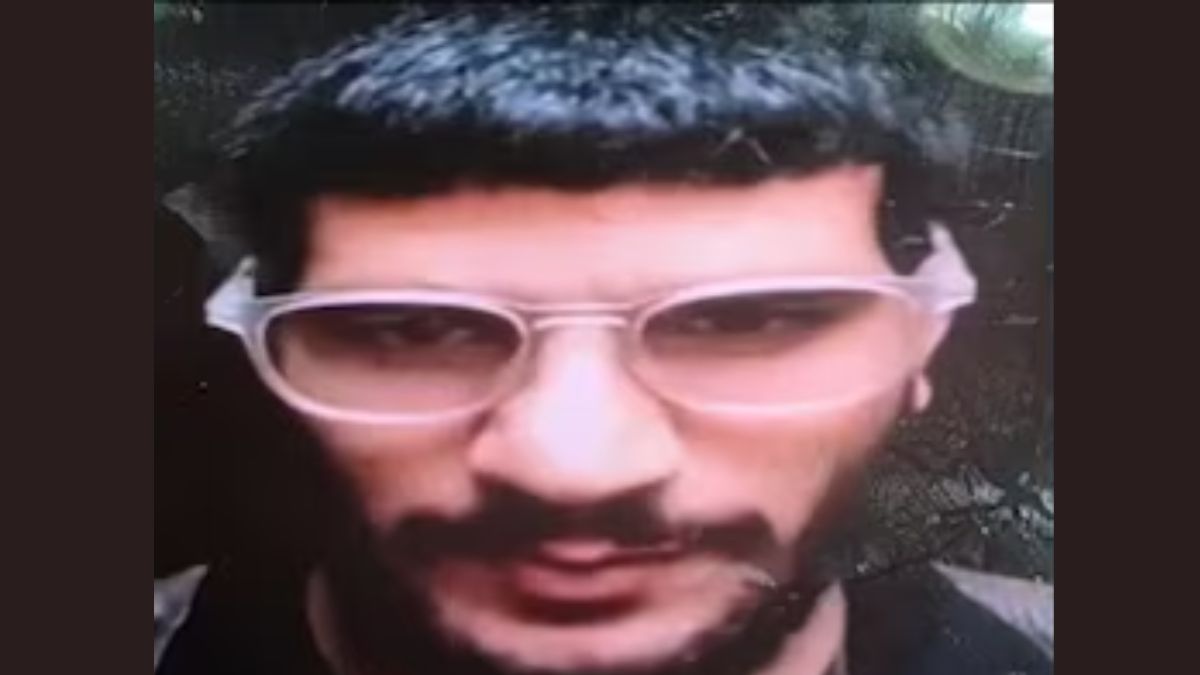)
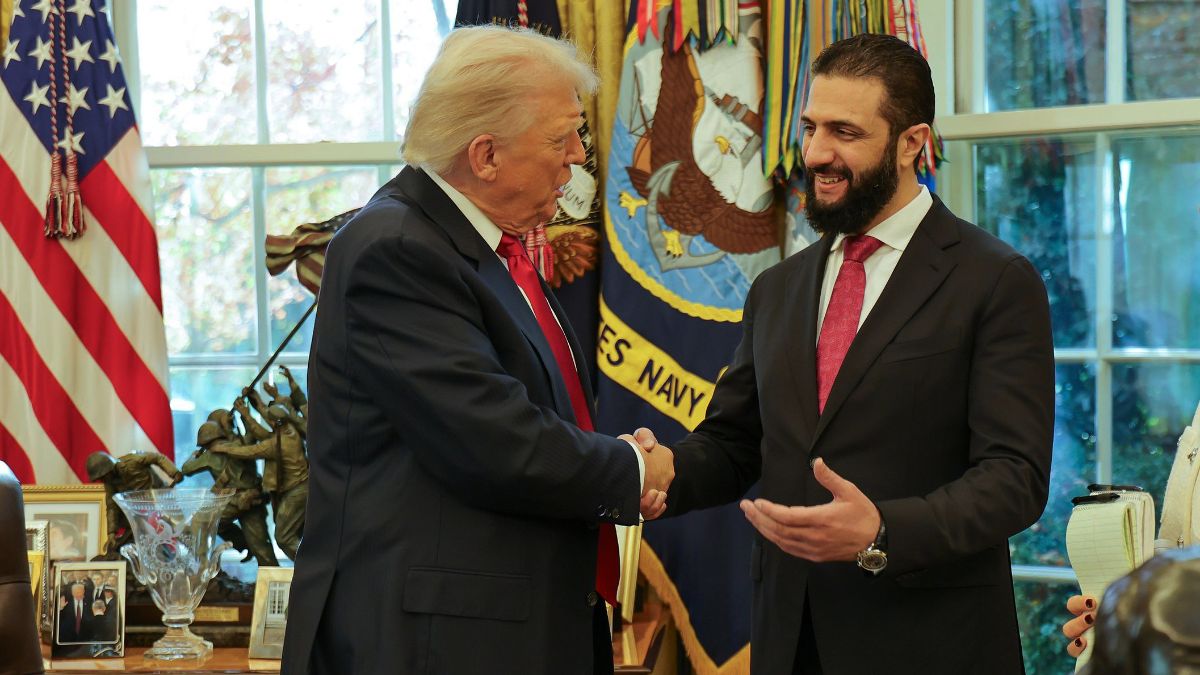)



